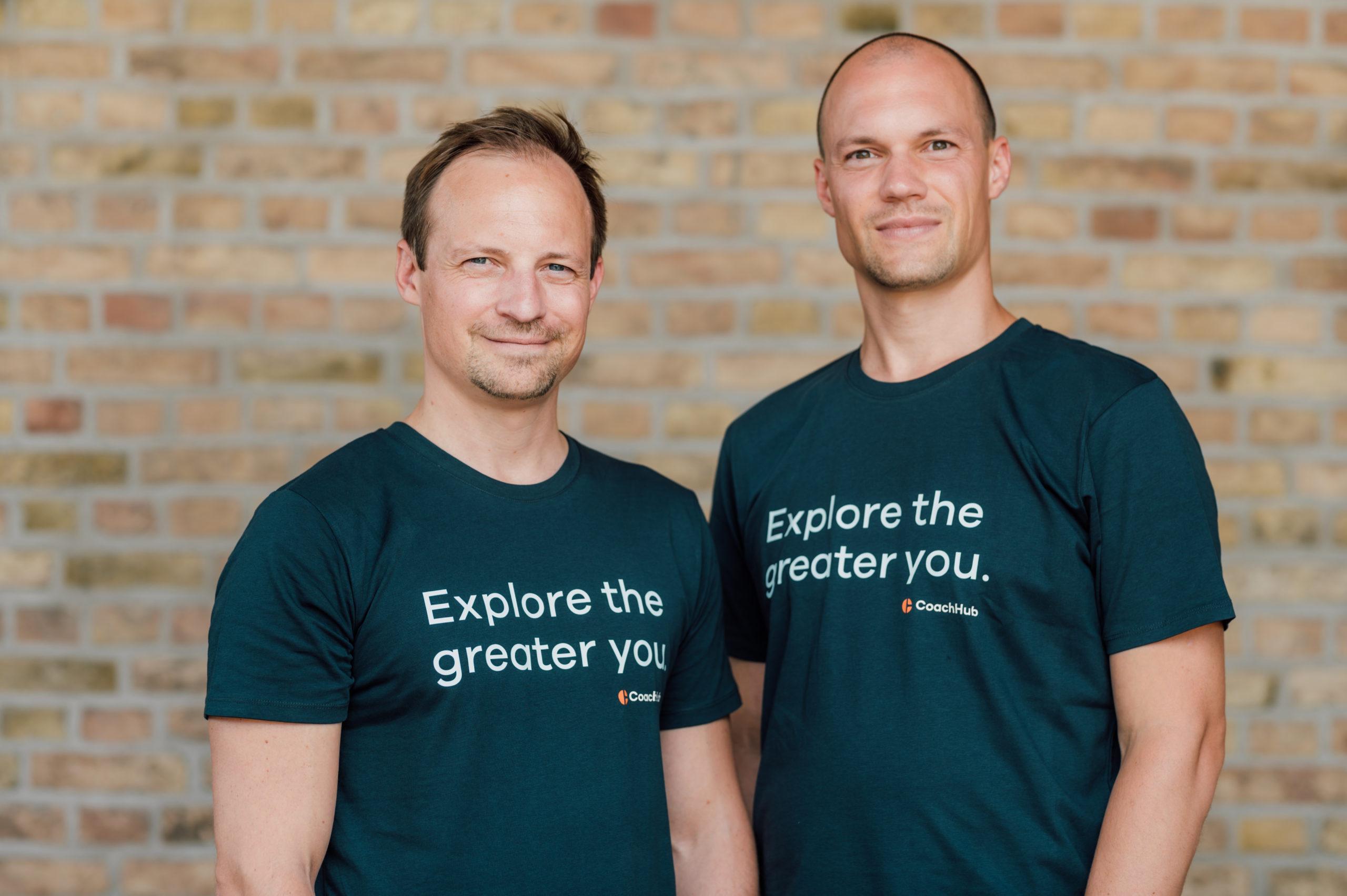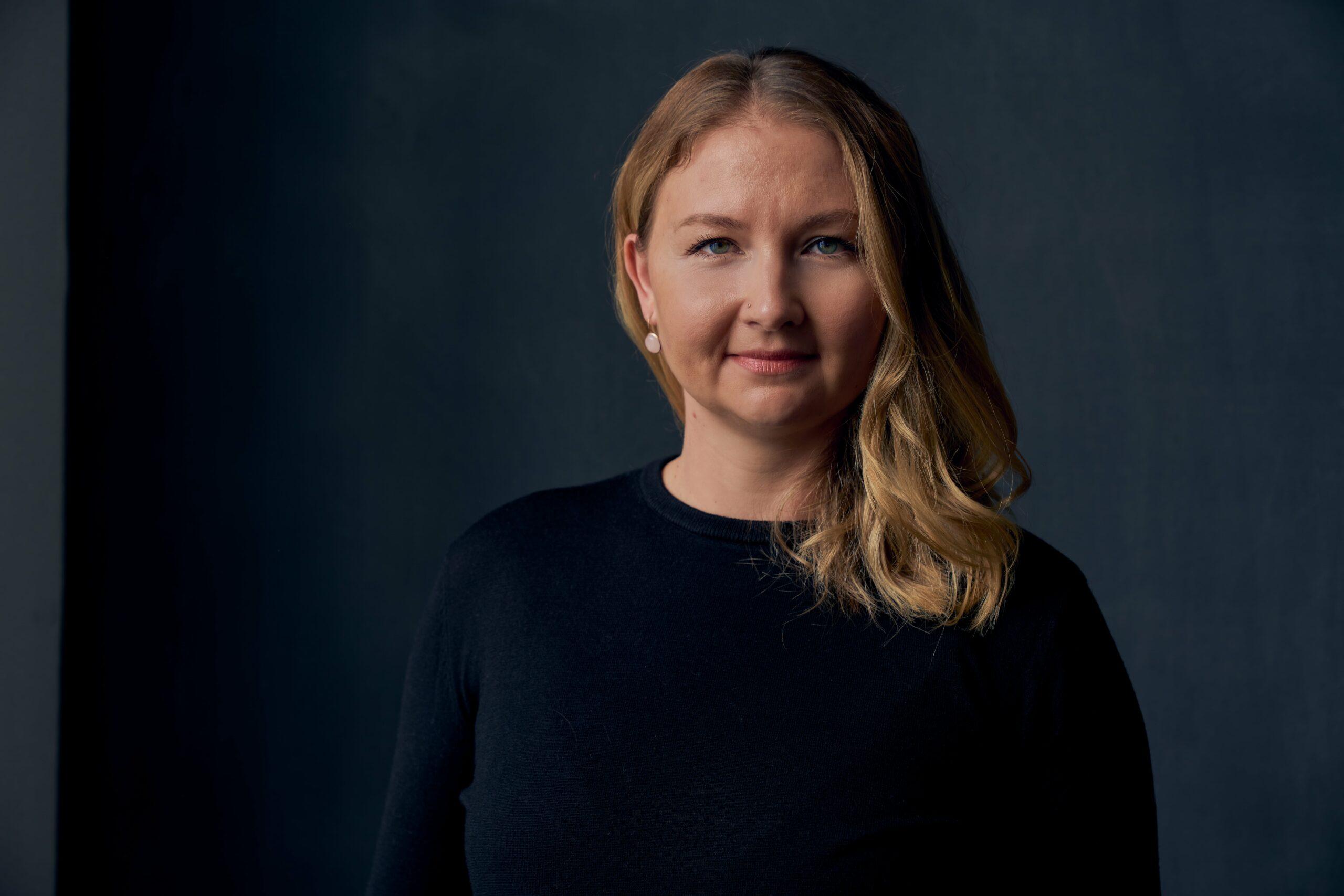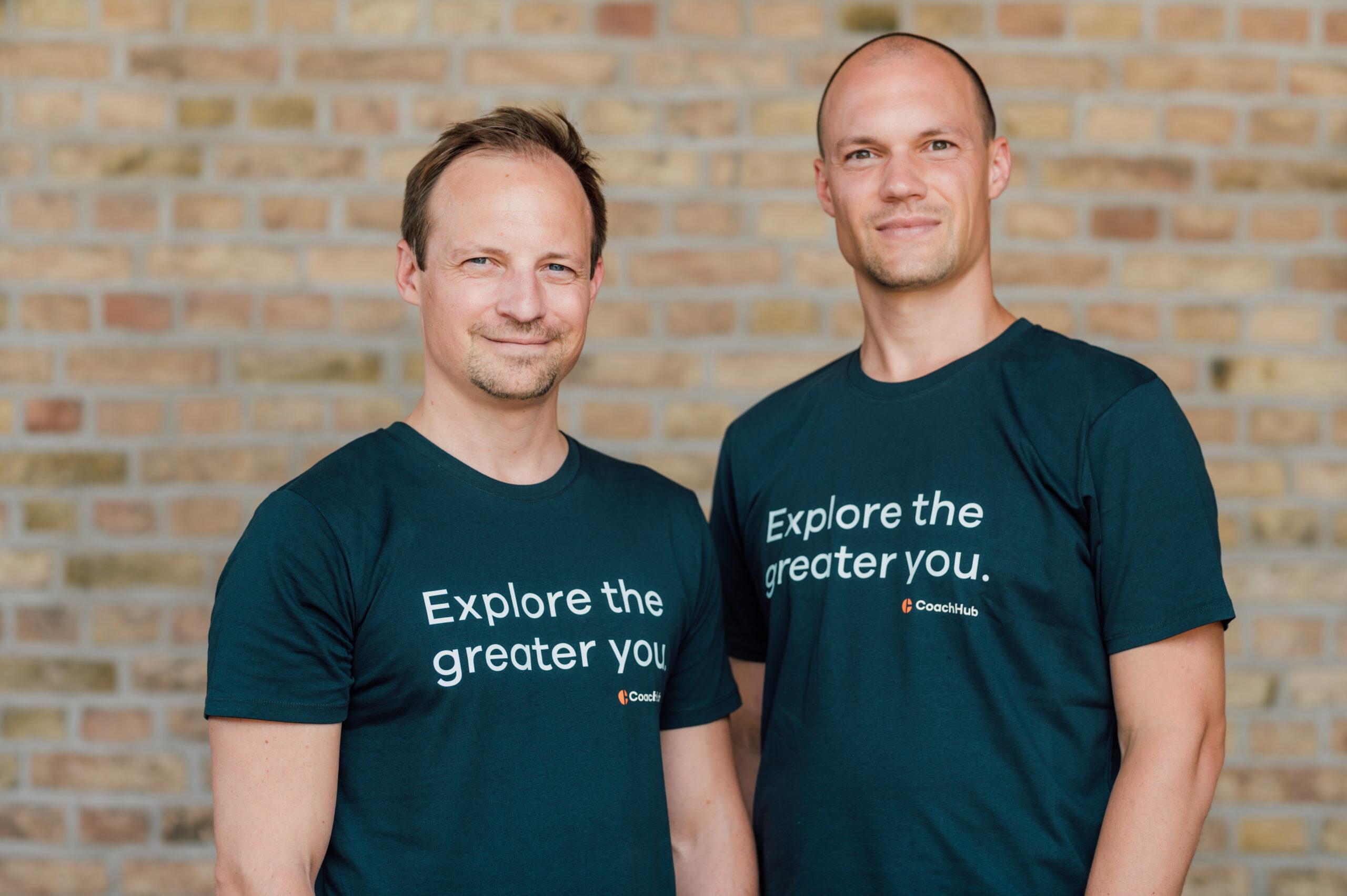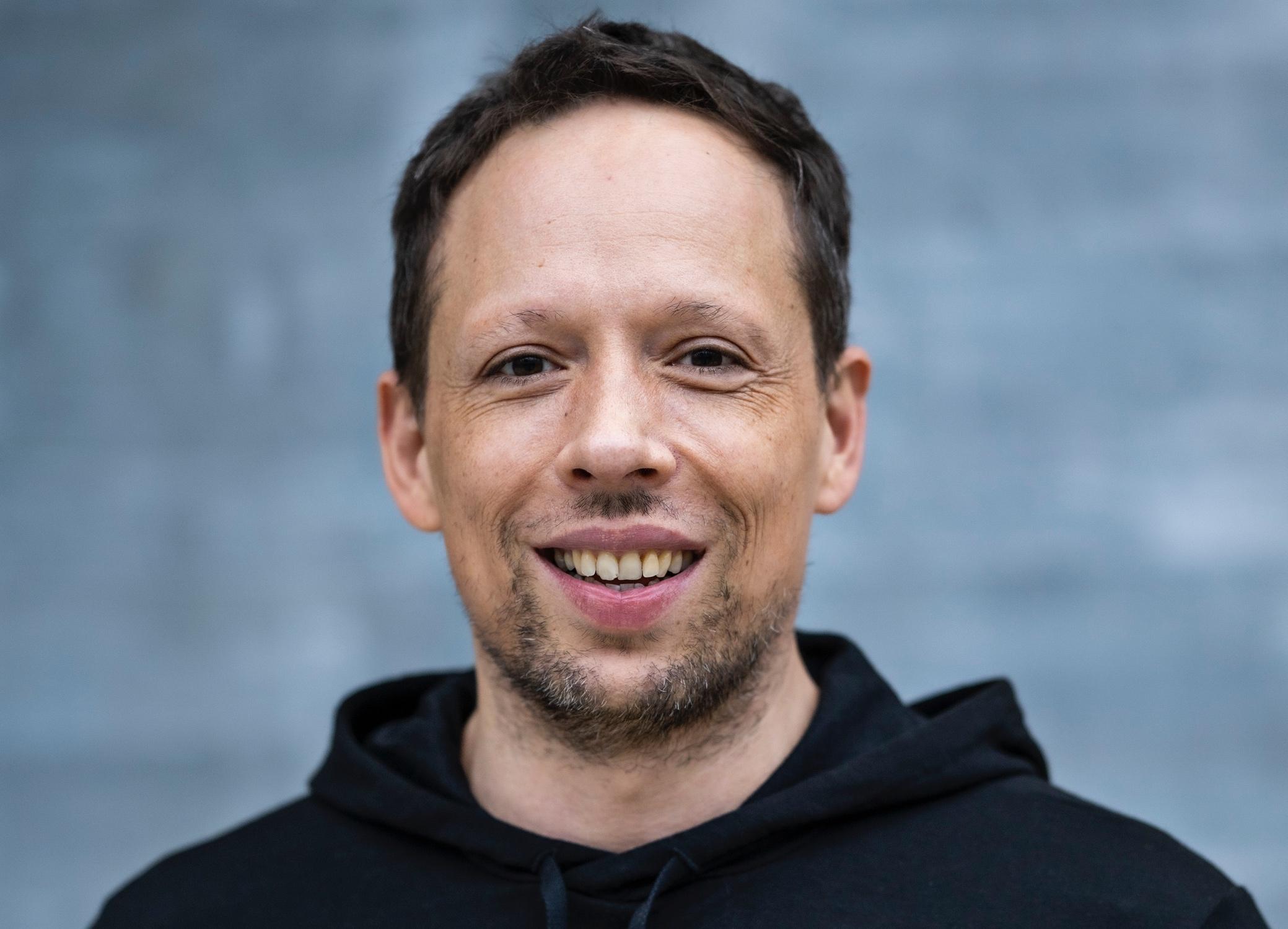"I am an alpha animal"

Hillevi Lausten, COO at DCMN and Anna Michel, multi-founder and partner at scale up, are working together in the scale up Women initiative for more equality in the workplace and in society. The initiative involves a whole range of women who want to shape a new form of feminism. In a double interview, the two talk about the characteristics of founders and give tips for young female founders and managers.
Ms. Lausten and Ms. Michel, you have both held leading positions or founded your own companies. Why do you think women find it more difficult to start a business?
Michel: I think the central challenge for founders is initially exactly the same for men and women. When you think about founding a company, you first have to deal with some self-doubt: "Can I even do all this? Do I know all the important things?" The difference is that men like to assume that they can do everything or at least learn everything, whereas women unfortunately often believe things like: "Can I really do this? Can't others do it much better than me?".
Lausten: For me personally, it's a bit difficult to really differentiate between men and women on this subject. If I look at my past, for example, I've had the toughest negotiations with women. In turn, there were some men who I had to push in salary negotiations. The experiences I have had in this context have softened some stereotypes for me.
How did you learn to assert yourself?
Lausten: Particularly in previous management positions, I noticed that some male colleagues defined their management style by being very loud and taking up a lot of space, which was definitely a challenge for me. I had to think about how I could make myself heard. Do I have to be so loud now? How do I not lose myself and still get noticed?

How did you deal with it?
Lausten: I actually stayed calm. I used breaks in the conversation to interject and make my points. I formulated my opinion clearly and unambiguously, for example, if someone ran their mouth at me, I didn't do the same to them, but said calmly: "Please let me have my say." Self-reflection was also particularly important for me in this position. I realized relatively quickly where I stood and how I needed to react.
I guess that's particularly difficult for women who have just taken on such a role. In order to acquire this, I recommend reflecting on yourself first and then specifically tackling the things that you would like to change. Coaching sessions and books can help a lot here. It has helped me to always be very well prepared and to present my concerns in a calm but firm manner. After all my experiences, I would say that I am an alpha animal, albeit a calmer one. I don't have to be loud to make myself heard.
Ms. Michel, you coach management best practices for founders of growth companies and their management teams and have founded several companies yourself in the past. Can you remember the coaching session that helped you the most?
Michel: For me, it was a sales training course. Before that, I always hated sales. My association with salespeople was someone who aggressively talks down your leg about something pointless. During this coaching session, I realized that this aversion actually had something to do with an internalized belief: "As a girl, you can't chum up. And doing sales means pandering and you can't do that. You have to be discovered." And that is of course the most obstructive thing you can do as a female founder.
This coaching has shown me how I can effectively identify certain issues for myself and work on them. In general, it's incredibly important to find people you can talk to and get honest feedback from.
How do you feel about sales now?
Michel: If I stand behind the product or service and know that it really creates added value for my counterpart, sales are now extremely easy for me. But that certainly also has something to do with the fact that I now see the human relationship in the foreground in every sales situation and no longer have to work on my own beliefs.
Ms. Lausten, you grew into your new role at jimdo together with a coach. In your experience, what does good support look like?
Lausten: When I made my second major career move and took on responsibility for a new area , we had an internal coaching team to help me prepare for my new role. A great deal of importance was attached to the topic of change management, and rightly so. I was really given sparring partners. That definitely helped me a lot.
I also received a very helpful tip from a coach at the time. After receiving anonymous feedback, I was told that I was dominant.
Was that a bad thing for you?
Lausten: Yes, it was really bad for me at first. Being dominant was something very negative for me.
The coach said to me: "Honestly, a certain dominance is a great quality for someone who wants to be a manager." I just had to think about what effects this characteristic had and what strengths I wanted to build up alongside it to reduce the negative aspects of a certain dominance. Honestly, this point changed my life.
What advice would you give to young female founders today?
Lausten: Many things only come when you ask for them. Nobody should forget that. You can't wait to be found or promoted. You have to be aware of where you want to go. This is perhaps a point where women and men actually differ. I think many men find it easier to formulate this than many women.
Michel: I think another element is that we women often have to formulate our aspirations for advancement in traditional structures in relation to men. In most cases, it is easier to establish a dialog with someone of my own gender - and of course that is also related to habit. This is simply a classic phenomenon of psychology and rapport, i.e. a relationship based on mutual empathic attention. When I deal with men who primarily work with men, they are used to a male rapport. As a woman, I break the familiar pattern, so to speak, and it's good to be aware of this. At the same time, I also have to meet a counterpart who is willing and able to see, hear and understand this different pattern and enter into a rapport with me. Otherwise it will be a terribly stressful process with a low probability of success.
In your opinion, what qualities are particularly important for founders?
Michel: In my opinion, one of the most important qualities is the ability to self-reflect. The willingness and ability to constantly question yourself without questioning yourself. This means, above all, being open to developing yourself further. Where are there things I can work on, things I can improve? This basic quality is equally important for men and women; the challenge is that, unfortunately, this questioning sometimes turns into self-doubt, especially in women. I know this all too well from my own experience, and it's not easy to get past this point.
What advice would you give parents on how they can boost their daughters' self-esteem?
Michel: Give them courage! Give them the feeling: "You can do it, try it out!", "You can fall down sometimes, it's not bad." Failure is also part of trying things out and that's completely okay.
What do you think of the women's quota?
Lausten: I think it's good!
Michel: I was initially against it, but now I'm a supporter. I think it's sad that we need it, but I've now accepted that nothing will change if we don't have it.
Doesn't it bother you to think that you might only have got the job because you are a token woman - or at least that others think that about you?
Michel: So what? Always asking myself what others think about me doesn't get me anywhere. I'm used to being the only woman among men and whether I end up being a token woman or not: as long as I achieve what I set out to do, it's completely irrelevant.
Lausten: On the contrary, I actually see it more as a privilege. I'm a pioneer because I'm making sure that the next generation will perhaps have it easier. I see it as something that gives me even more of a push. For me, it's a step on the way to the world I would like to have. A token woman should therefore be a great role model.
About the people
Anna Michel
Anna Michel has founded a total of six companies in 10 years, most recently Fast Forward Imaging GmbH, an innovation company in the field of digital asset generation for e-commerce and augmented and virtual reality applications. She has been working as a coach since 2018 and as the first female partner for scale up since 2020, where she supports founders of growth companies and their management teams in scaling and strategic transformation processes.
Hillevi Lausten
After completing her master's degree in communication sciences, psychology and law, Hillevi Lausten worked in PR for several years until she took on her first management position at jimdo in 2015 and was responsible for the website builder's paid marketing. Since then, she has held various management positions in marketing and now works as COO at DCMN. Together with her team, she was coached at scale up and is herself part of the scale up Women initiative.

Newsletter
Startups, stories and stats from the German startup ecosystem straight to your inbox. Subscribe with 2 clicks. Noice.
LinkedIn ConnectFYI: English edition available
Hello my friend, have you been stranded on the German edition of Startbase? At least your browser tells us, that you do not speak German - so maybe you would like to switch to the English edition instead?
FYI: Deutsche Edition verfügbar
Hallo mein Freund, du befindest dich auf der Englischen Edition der Startbase und laut deinem Browser sprichst du eigentlich auch Deutsch. Magst du die Sprache wechseln?

















